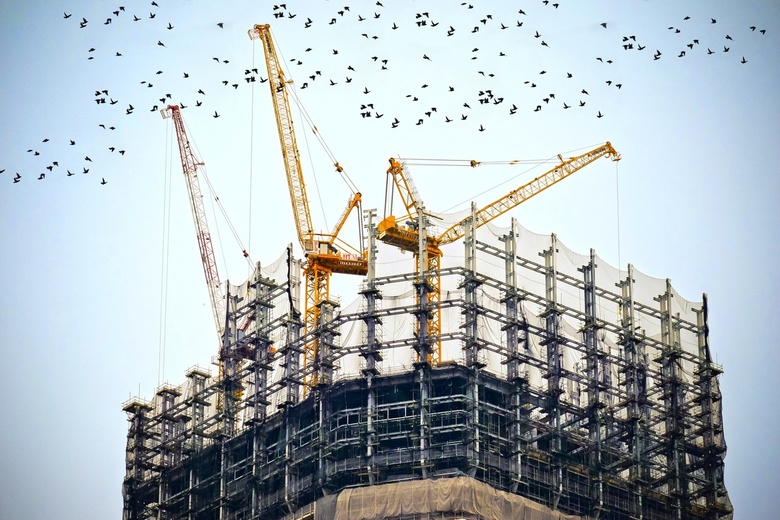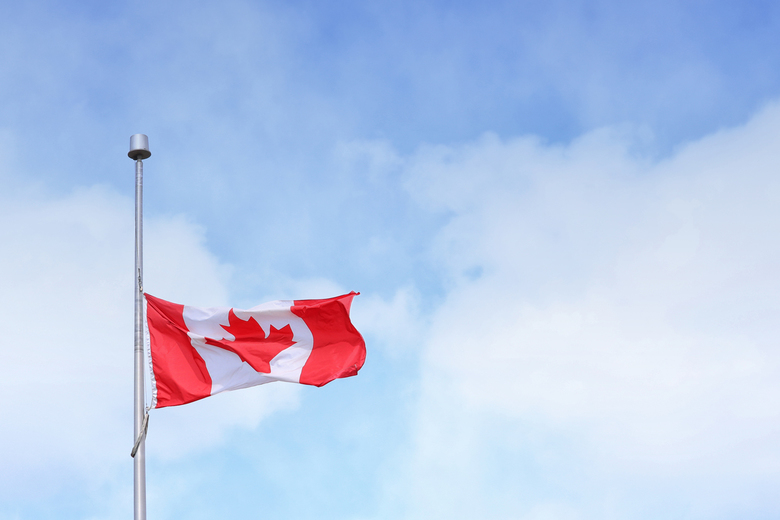 Brenda Kinnear
Brenda Kinnear
Legislated into effect on August 2 2016, with the hope that it would cool down the Lower Mainland's property market, with its sky high prices and empty houses, the Foreign Buyers Tax adds 15 per cent to the cost of BC property purchased by persons outside of Canada.
The Foreign Buyer Tax was really enacted to calm down the people in Vancouver, and the Lower Mainland in general. It was largely a political decision by the Premier in order to position the government as being pro-active on the housing file before the May 2017 election. The goal of the tax was to assist the middle class to be able to buy houses in Vancouver, to make them more affordable and accessible. Furthermore, the provincial government would use the revenue from the Foreign Buyer's Tax to fund government housing initiatives for renters, low income earners and first-time buyers. All popular ideas.
It's safe to estimate the market is already down 10-15 % from last year which saw a 35% rise in prices. However, selling prices have not gone down that much, even on the sales that are coming through. There are not much lower prices. There are just fewer sales.
The tax has had the intended effect of cooling the market down. In many cases at the higher end of the market, the seller absorbs the tax in the sale price. Houses have been selling for less than they would have six months ago because of an extra $400,000 to $600,000 or more added to the sale price. The existing Property Transfer Tax applies to every transaction registered at the Land Registry and is paid by every buyer. The 15% Foreign Buyer Tax is paid in addition to the existing property transfer tax.
Why was it implemented? The market was exploding the way it was, so there had to be some kind of a lid put on it. Nothing is settled yet. It seems that the buyers are just watching and hoping for new opportunities. At this time the changed mortgage rules are impacting buyers ability to qualify for a mortgage and make a purchase more than any potential price adjustments have done so far.
It looks like the high demand for housing across the board will continue. The real concern is whether the Lower Mainland will have the supply to meet it. There are so many people coming to Vancouver, and so many people who live here, and so many young people who would like to stay here, whatever goes up, can sell. But really the deep problem is that all the Lower Mainland municipalities, except probably for Burnaby, have been very difficult about rezoning and density.
Are people changing to rentals? They are if they can find one.
While the Foreign Buyer Tax's revenue is intended to go to government housing initiatives for more rental housing, the plan may not be large enough to have positive effects. The City of Vancouver has started offering up its own land to developers for lower cost housing to provide accommodation to that large section of the population that cannot afford market rents, or find space for families. The City is working with the developer of the new River District on SE Marine Drive near the Burnaby border to build a rental community to City specifications.
The provincial government is also moving to build more affordable rental housing near transit hubs. However due to the infinite amount of unfilled demand it doesn't seem possible that the Foreign Buyer Tax will eventually lead to improvements in Vancouver's low rental vacancy rate. It might change the number of buildings that sell, or at what price they sell, but it won't change the vacancy rate.
The solution to Greater Vancouver's housing problems lies not in regulations and taxes, but in rezoning and densification. The Urban Development Institute, forecasts 40,000 people moving into the region per year, and an aggressive increase in development, not taxes, would be the most effective way to improve the market.
There can't be competition when there's no supply. The tax was a step towards controlling the skyrocketing prices after the shocking 35% increase last year in prices of detached homes but it does not add to the housing stock.
Burnaby is rezoning old low-rise buildings with affordable rents to high rise density. There will be more people housed but the rents are much higher than in the old buildings that were affordable for seniors, immigrants, young people with lower incomes. There is nowhere in the neighbourhoods they are used to for all these low income people to find rental housing:
There is a tsunami of seniors coming who have no pensions or savings except the government pension which is not enough to live on. Many are losing their rental accommodation after many years because the building gets inherited or sold and the new owners want to upgrade the units. It's called "renovictions". The former tenants have to be given first shot at the updated suites but they can't afford the new rents.
The City is very late to respond to the problem. In the past the City has focused on homelessness and providing housing for those with mental and drug issues. It took them awhile to wake up to the fact that working families could not find housing or reasonable rentals in the city. All the municipalities around Vancouver are looking at encouraging developers to build rental units but they do not return the same profit to a developer. There is such a demand for housing along the transit lines that both rental and condo units are snapped up immediately.
Large lots and low density are the problem
The real estate development industry where permitted has begun to create more density in the city, which is a better solution to the housing shortfall. In Vancouver, the Aquilini family owns properties around BC Place. Two years ago, they submitted plans to the City of Vancouver to build condos, which the City delayed. The Aquilinis studied the market and found the demand was for rentals, and they reconfigured their buildings accordingly. There is a big drive among pension funds and investors for new rental apartment buildings providing large cash flows. In Vancouver the land prices are too high for a decent return on the investment except for developers who already own their land. Toronto offers more opportunities to build large scale rental accommodation.
Much of the problem is a result of Greater Vancouver's policy of large lots and low density housing. The inner ring of the city is apartments and multi-family housing and as you go out, you get into lower and lower density. Most of the city is single-family-zone density and very big lots. In Toronto, big houses are on forty-foot lots. It's a shock to go into any other city to see that people manage quite well on much less property.
There is a strong resistance everywhere to rezoning or densifying existing residential neighbourhoods. The City of Vancouver is is increasing density on single family lots where they don't tear down the old house. Both neighbours, owners and buyers hate the new program and do not want to follow it.
Governments live to be re-elected and have so far buckled under protests to rezoning applications. It's starting to appear that will change. As things are going only the very wealthy will be able to live in a detached home and there are few other options in the nice parts of the city. There is a lot of work going on but there is strong blow-back.
Let’s "wait and see"
These changes have been rough on both real estate professionals, sellers and buyers, as the top-end of the market has effectively been cut off by the Foreign Buyer Tax plus the fact that it has become more difficult to knock down an existing building or older home and replace it. It's a big shock to go from the level of activity that we had, that did trickle down because people would sell at the top, buy another property, or give money to their children to buy their first home. This slowdown has impacted the whole market.
The Foreign Buyer Tax is just one of many factors influencing the long term outlook for the Lower Mainland's real estate market. New types of housing like laneway houses and heritage houses, changing mortgage qualifications, and the failure of municipalities in the Lower Mainland (except Burnaby) to increase urban density, have also affected the market. Policy changes from the new US administration could alter or end the North American Free Trade Agreement, or the lumber dispute, and have a profound impact on Canada's economy.
Once it's all shaken out, it'll be a lot better for everybody in that there will be more stability in the market. People will be pressed to rezone areas so that there's more housing available.
PT00DT



